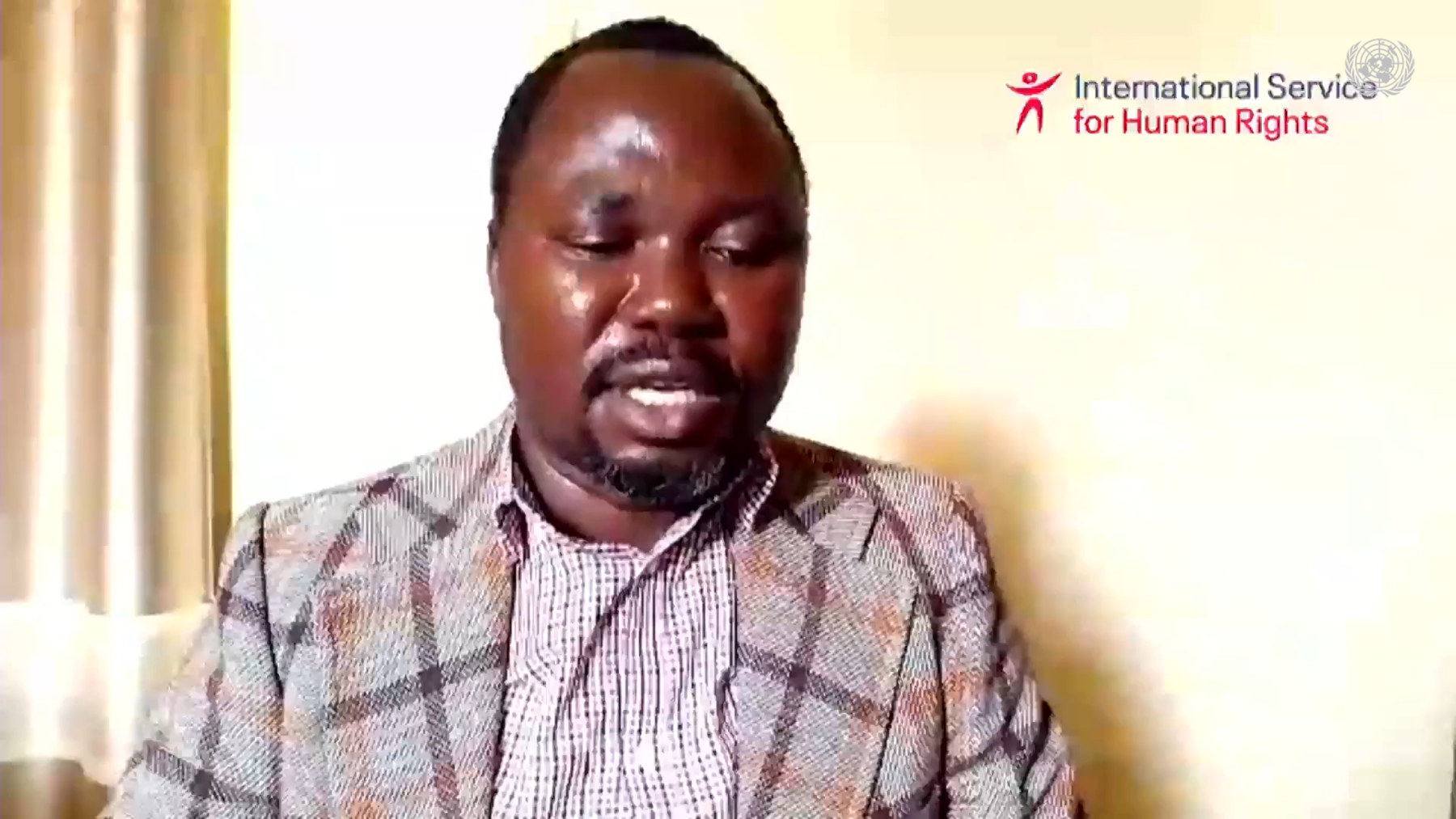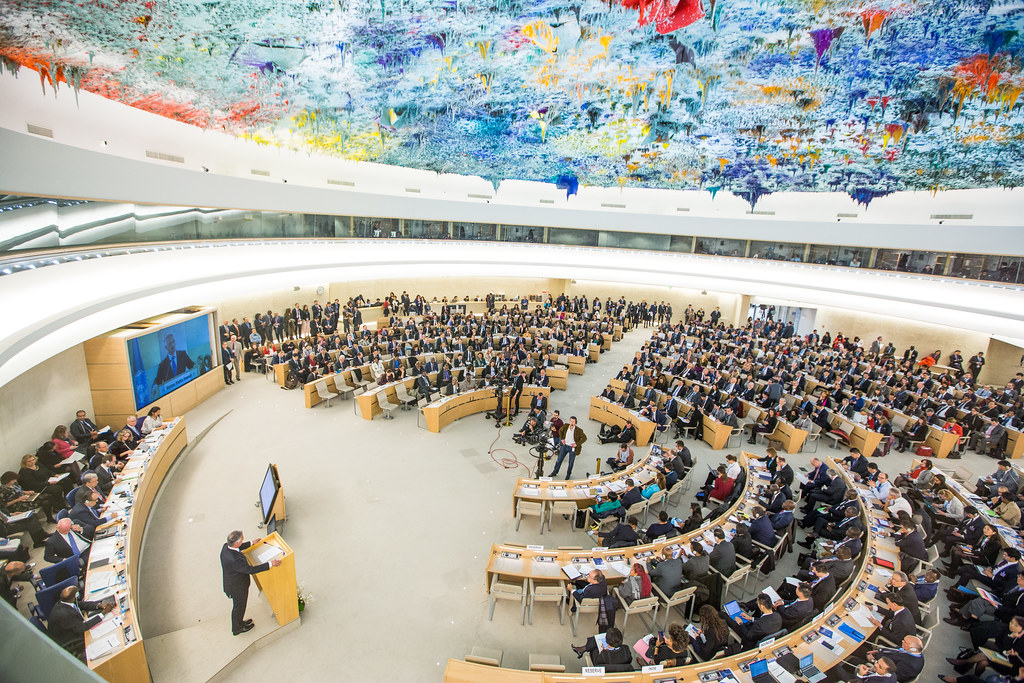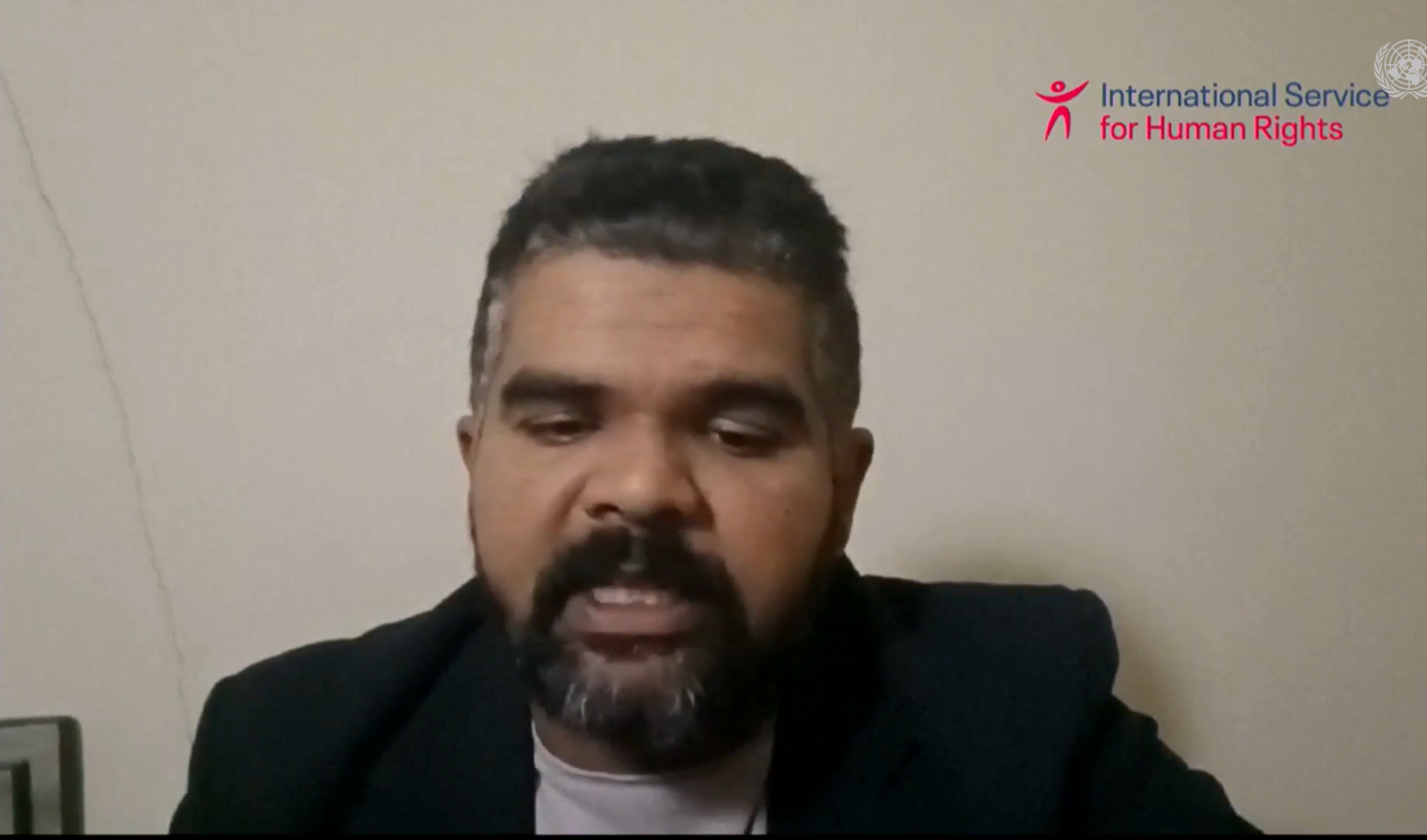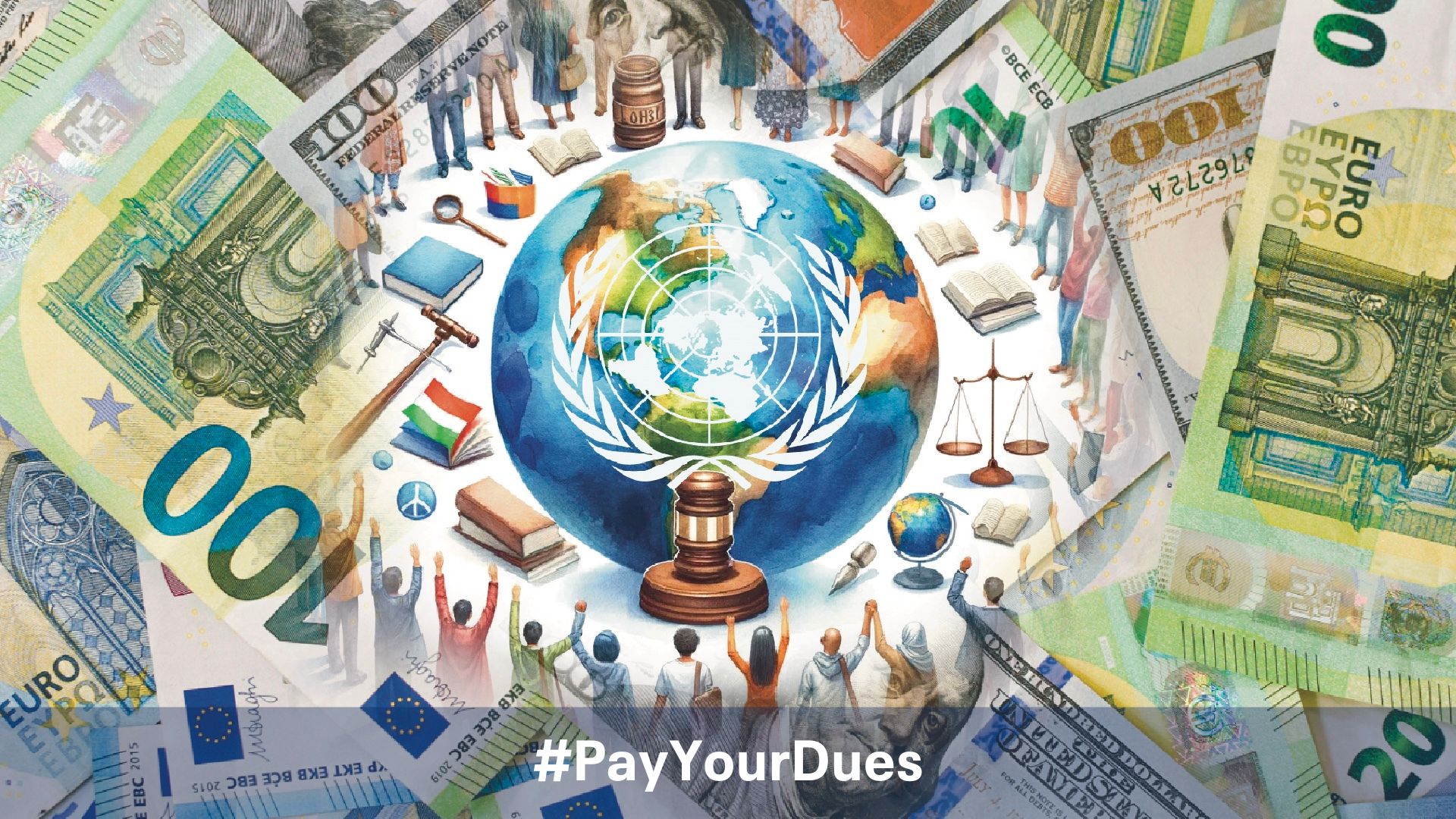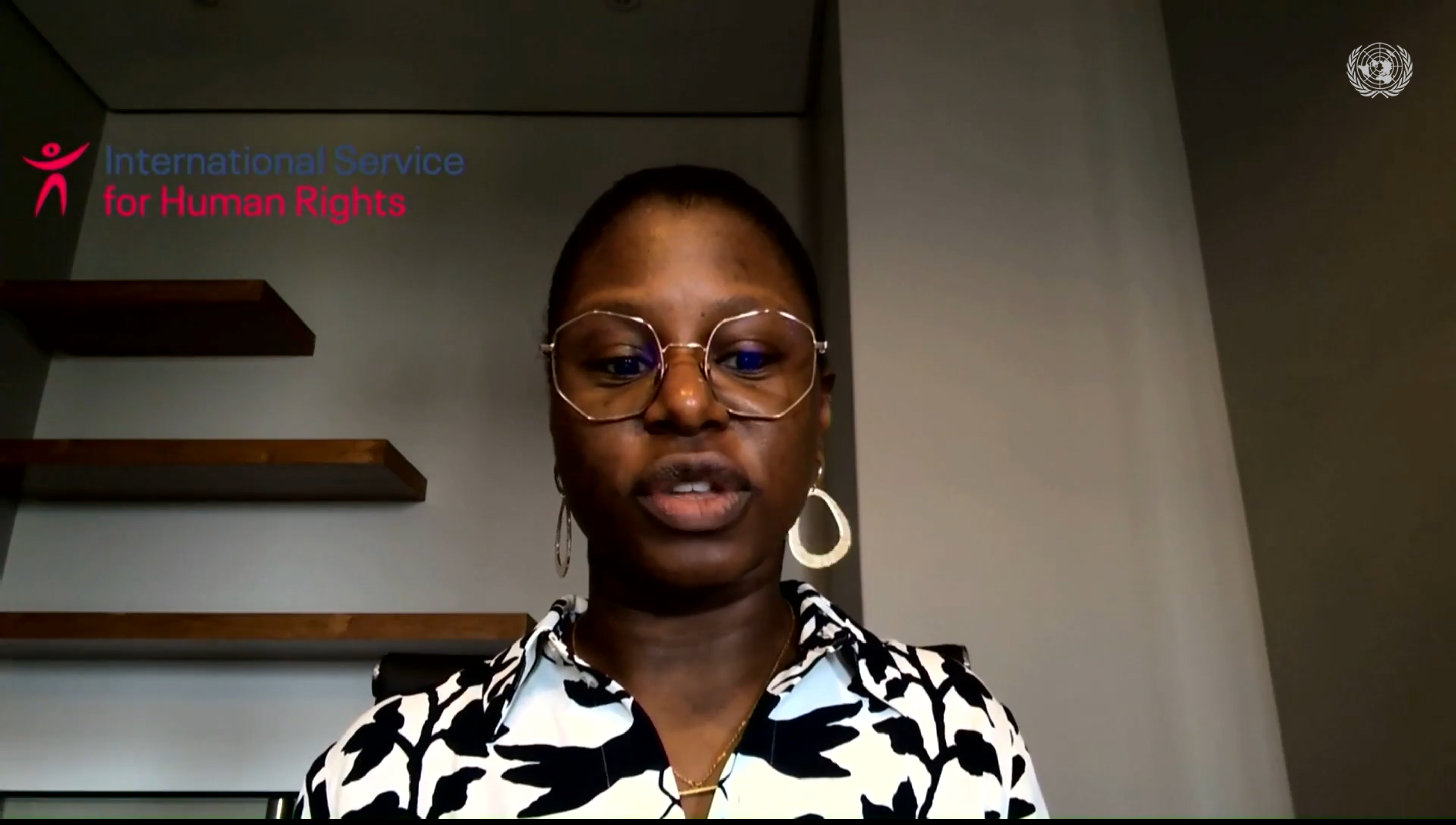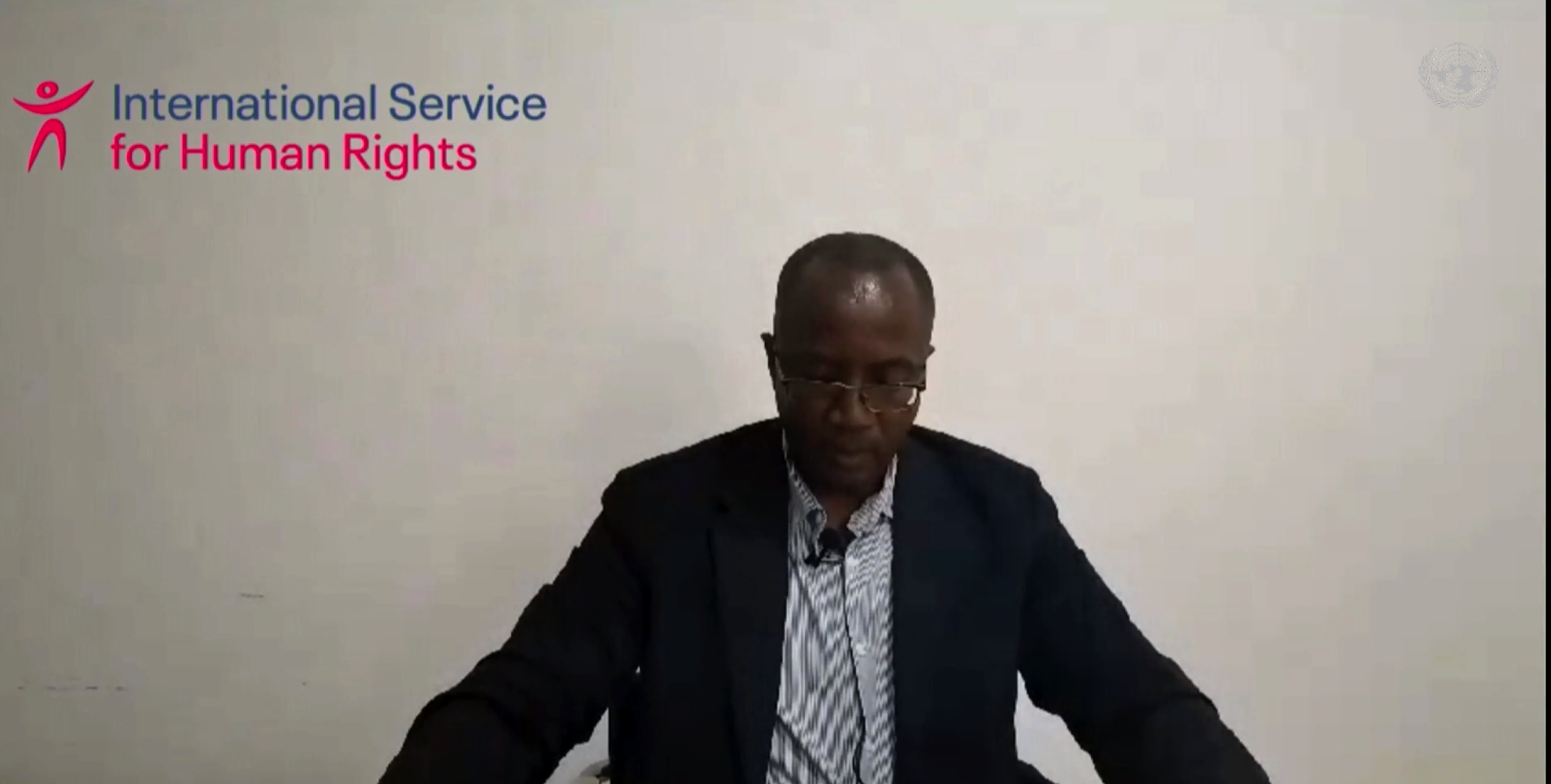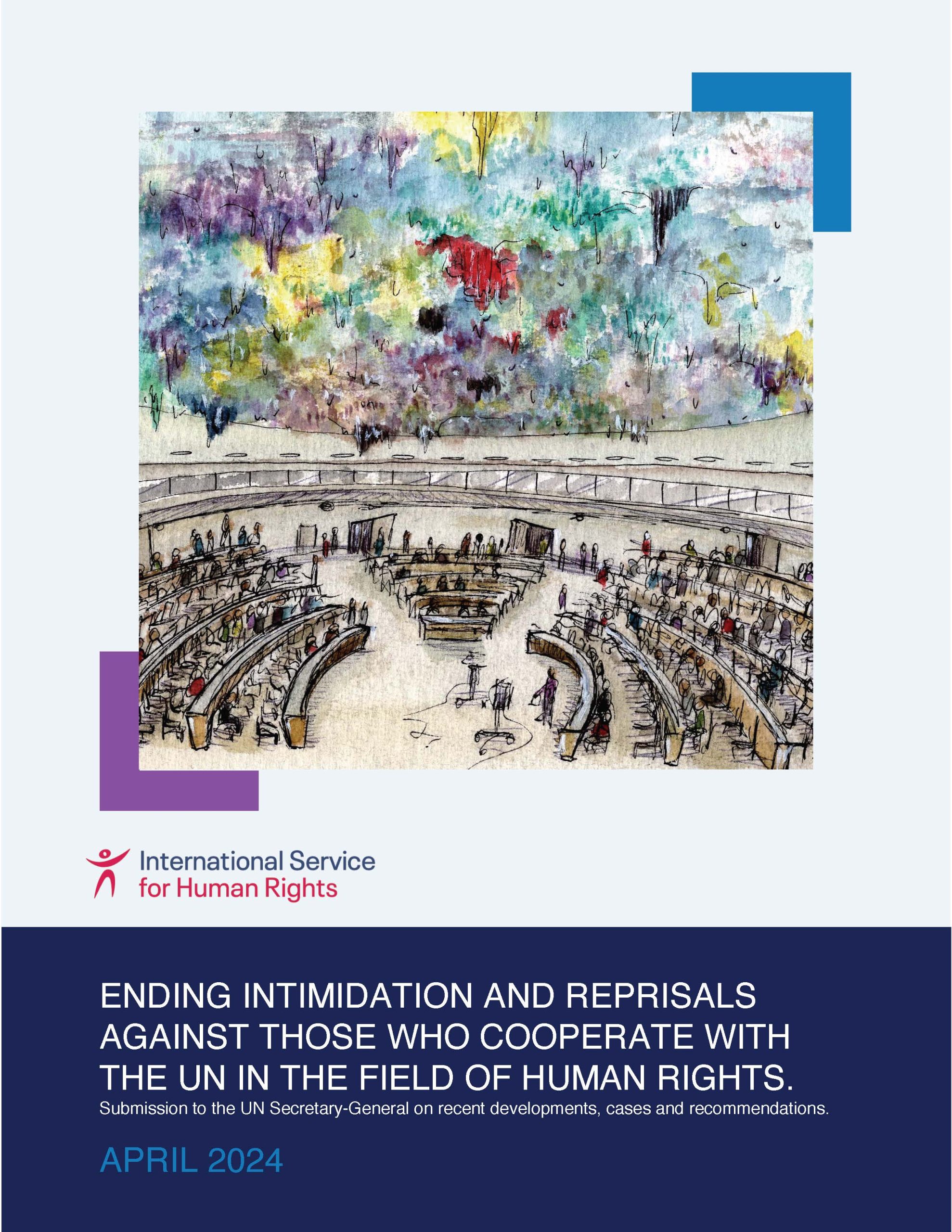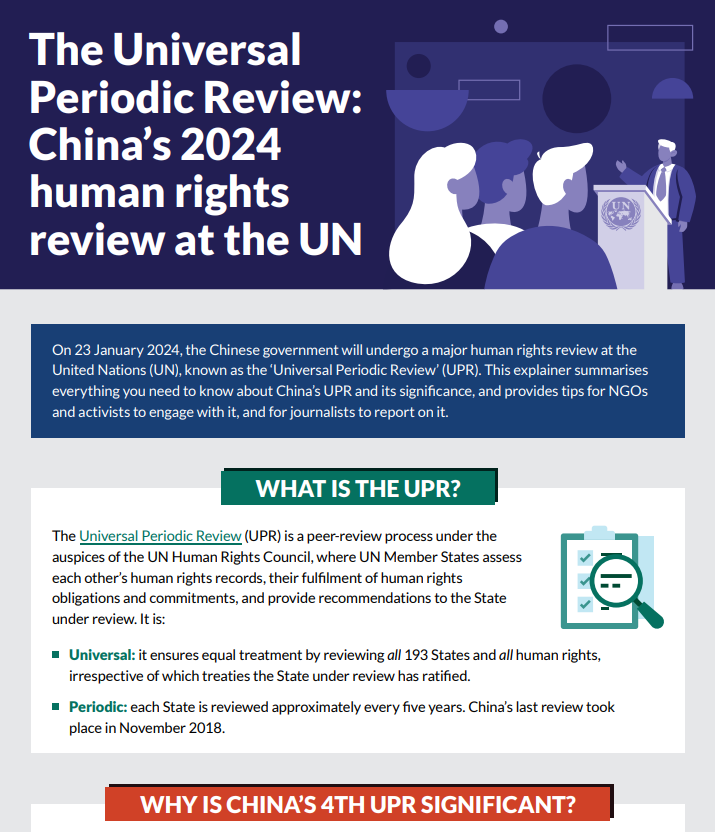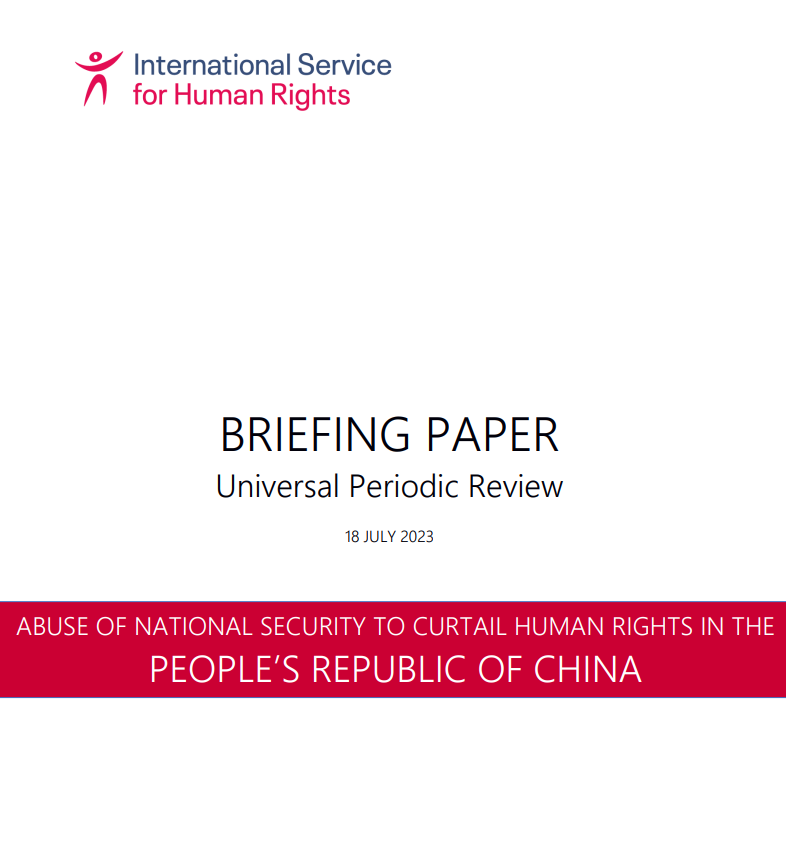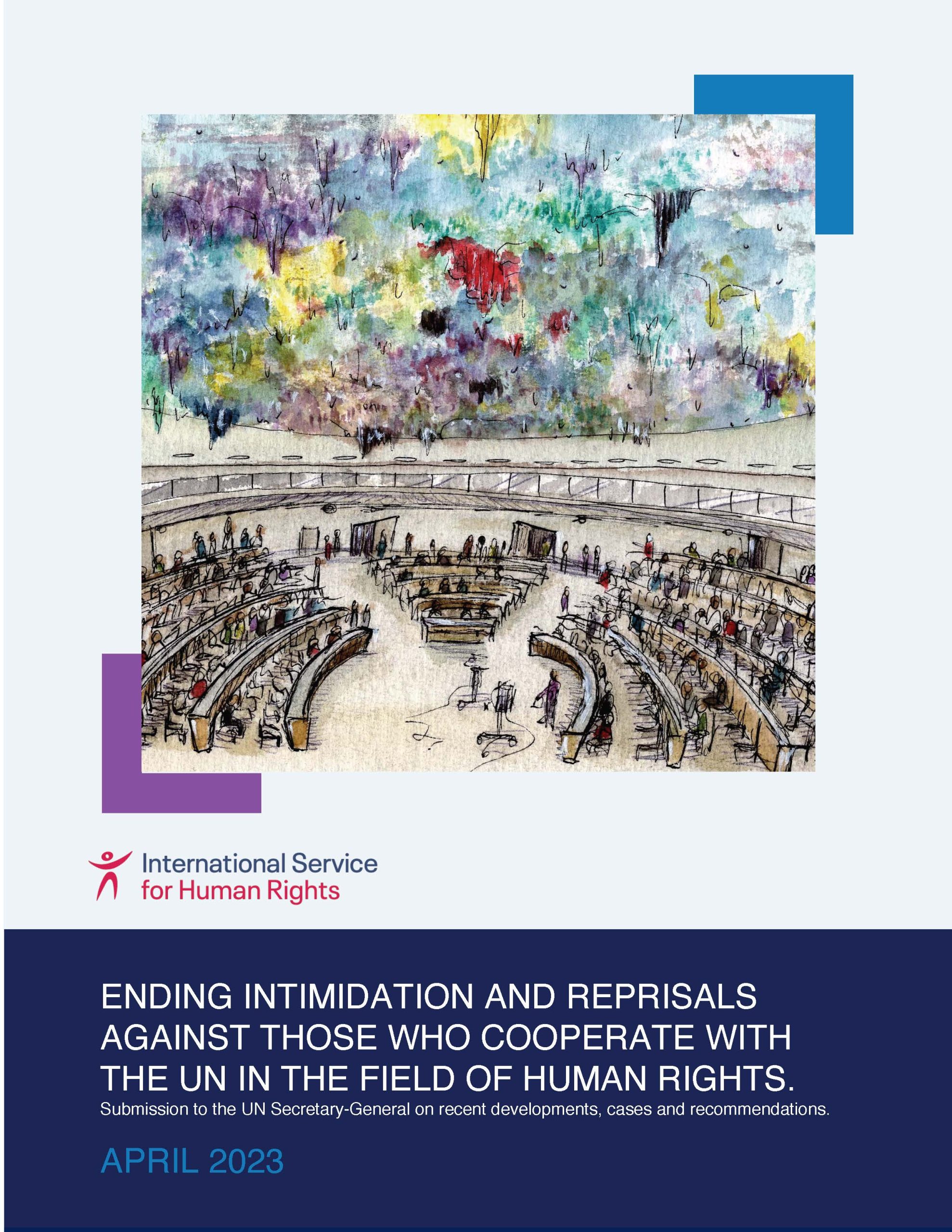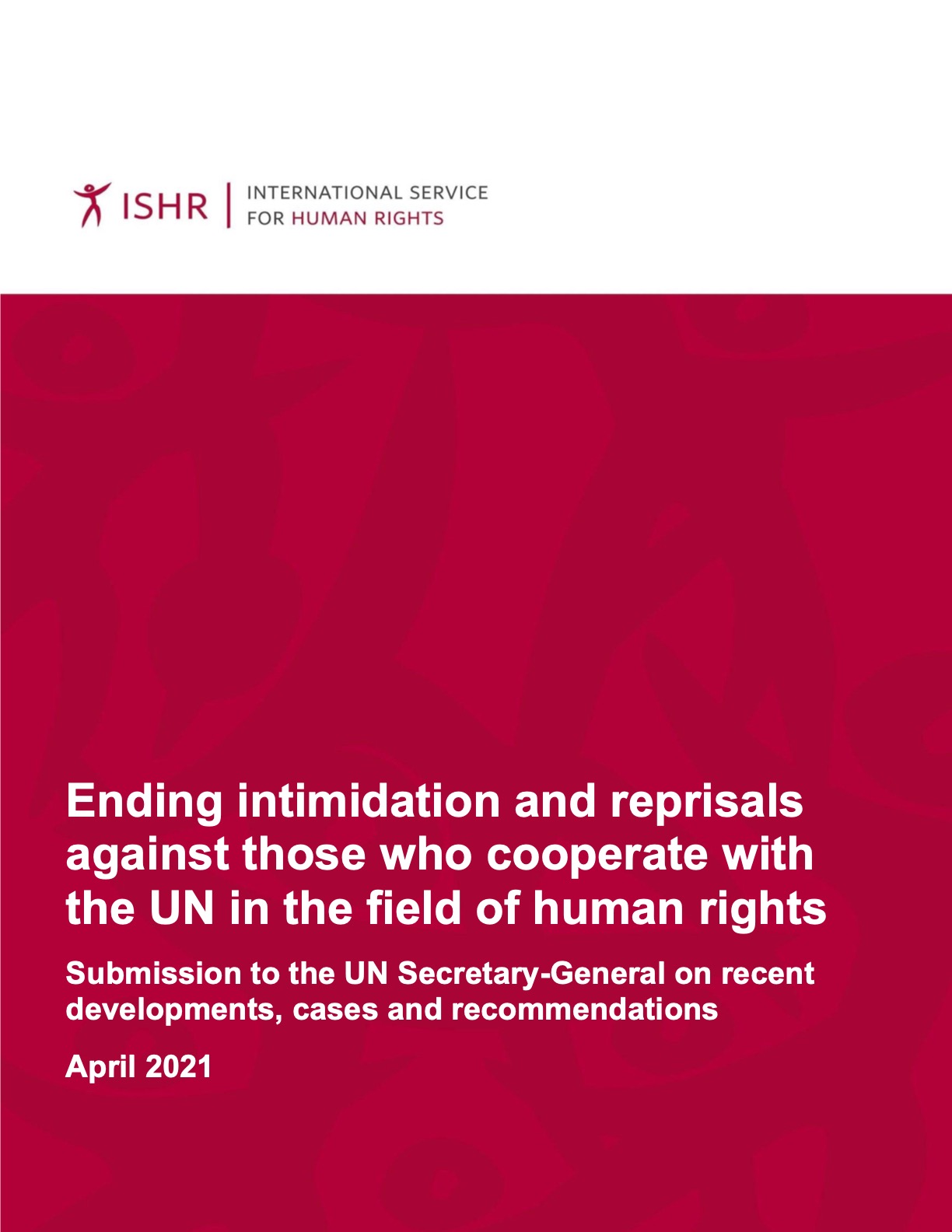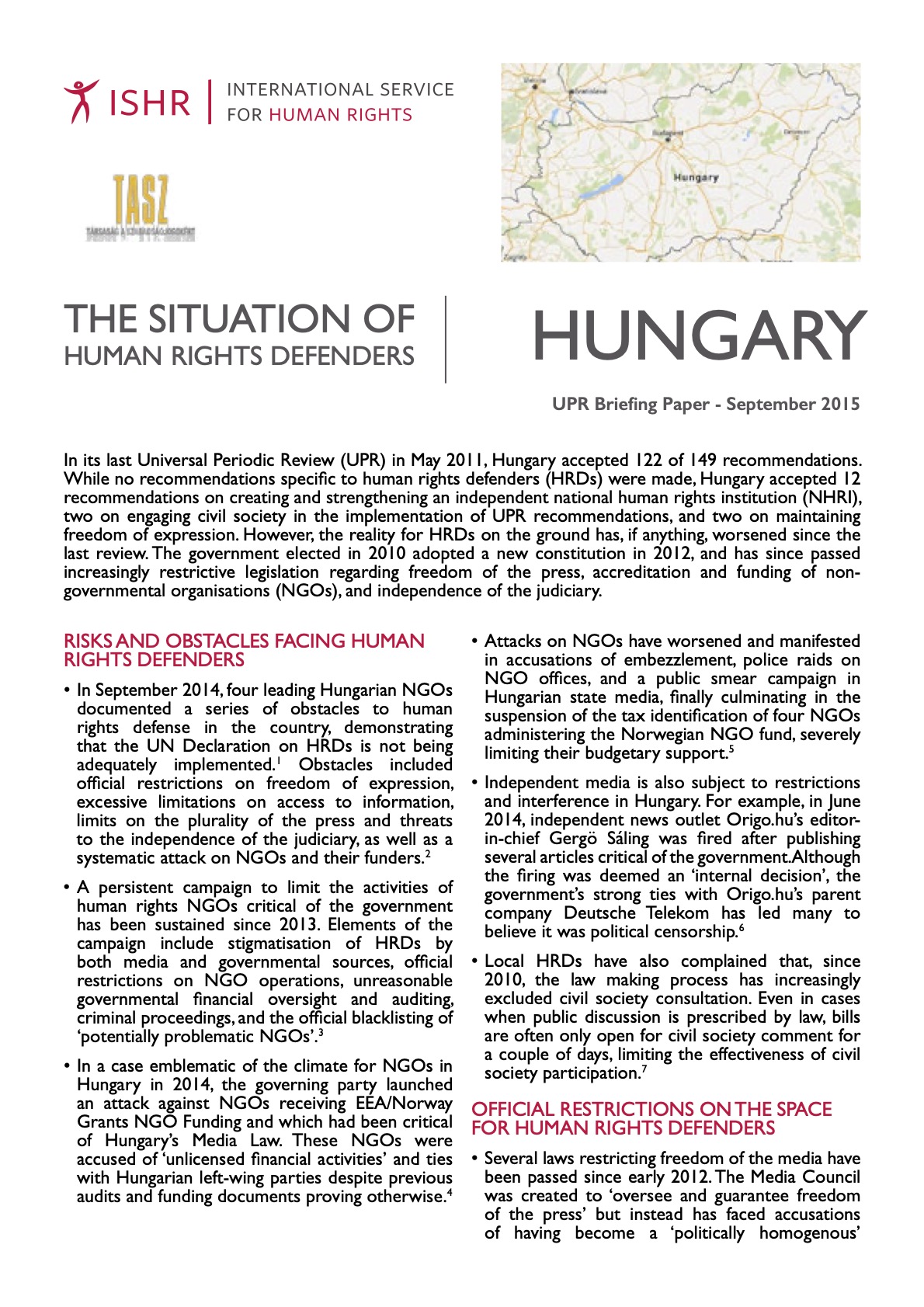This unique mechanism of the Human Rights Council sees the record of UN Member States reviewed by their peers every four to five years, with every State having the opportunity to ask questions or make recommendations to the State under review. The result of each review is contained in an ‘outcome report’, listing the recommendations the State under review is expected to implement.
Civil society organisations are able to feed in to this process formally, by submitting reports which are incorporated into a compilation prepared by the Office of the High Commissioner for Human Rights and published in advance of the review, and can also lobby delegations directly as to the questions they should ask and recommendations they should make. Civil society also has a crucial role in monitoring and pushing for implementation of recommendations at the national level.
ISHR supports human rights defenders in their interaction with the UPR. We also publish and submit briefing papers regarding the situation facing human rights defenders in some States under review, and advocate for the UPR to be used as mechanism to support and protect human rights defenders on the ground.
